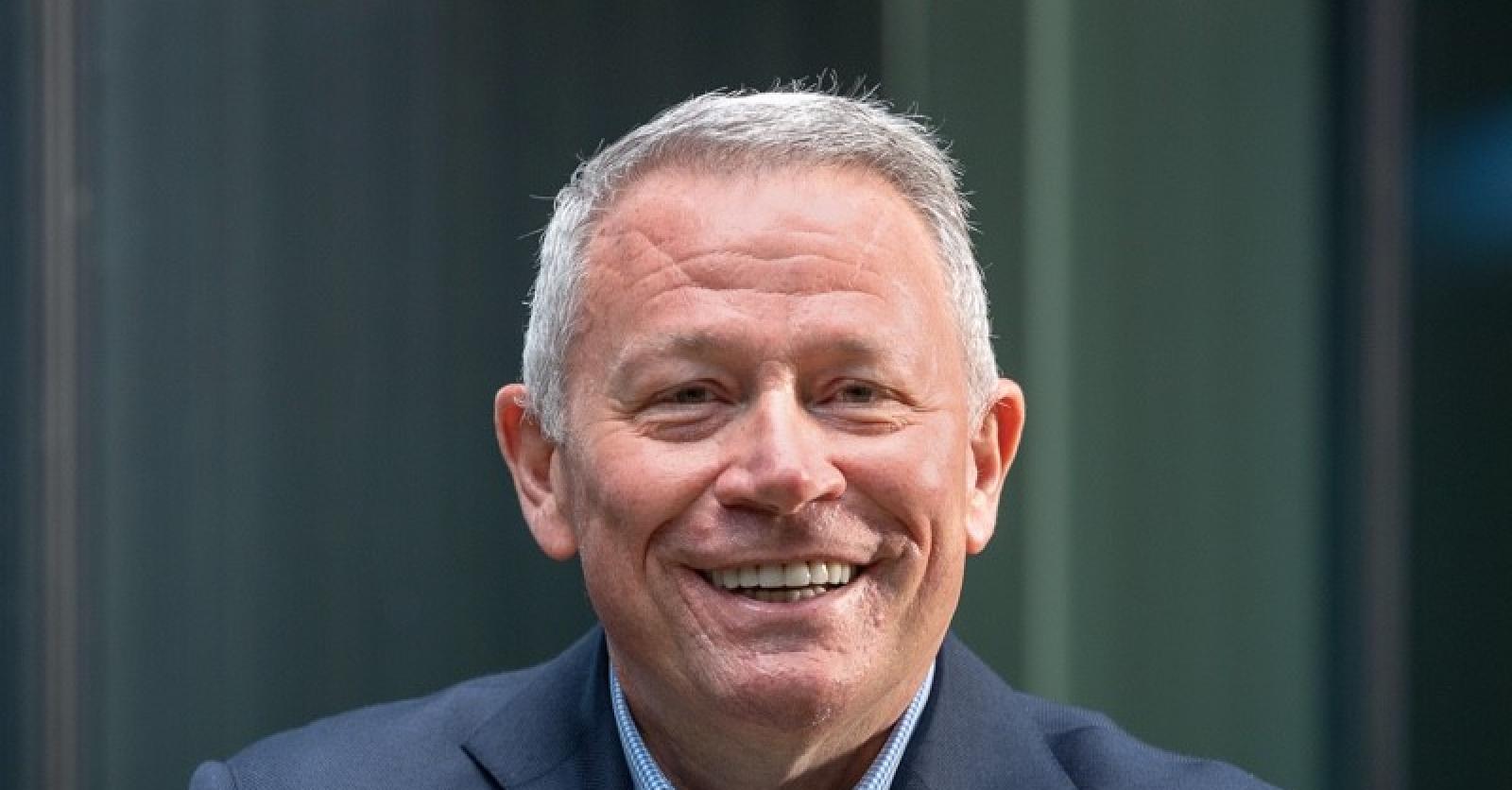Bart Eckhot is the chief commentator on the morning.
The Belgian summer really begins when Rock Werchter – formerly: Torhout-Werchter – arrives. Pupils and students take off their belts, holidays can begin. Thursday is the day.
This year – as well as in previous years – this joyous event is accompanied by growing criticism of the rapid rise in ticket prices for music festivals. These prices are actually rising rapidly: in ten years they will almost double the rate of inflation.
There are several reasons for this price development. All the costs of organizing the festival – from travel costs to stage construction – are also going up. In the music industry, the revenue model is becoming more dependent on live concerts, which means that artists are asking for more money. The festival today is less about the music and more about the overall experience, with higher requirements for comfort and food. Of course, the market power of global entertainment giants like Live Nation also plays a role, as they like to charge an extra profit margin on top of inflation, simply because they can.
So the critics are right? Yes, but something strange is happening. Despite complaints about astronomically high ticket prices, the Werchter Four Days Marches are almost sold out again this year. You see the same thing in other expensive festivals like Tomorrowland or Lowlands in the Netherlands. Even at concerts by Beyoncé, Harry Styles or Bruce Springsteen, the insane prices did not deter crowds. If you look at it from a purely economic point of view, the conclusion is that the price elasticity of festivals is far from broken. So don’t be alarmed if tickets will become €20 more expensive again next year.
Anyone who concludes that music festivals have become games exclusively for the (upper) middle class is missing something. It has always been so, even when prices were still relatively moderate, that there was already a large group of people for whom the financial or socio-cultural threshold was too high. The cross section of the festival ground is not a cross section of the (young) population. The discussion about high ticket prices is therefore reminiscent of the discussion about student accommodation. Criticism of the price hike is only drowned out by the scramble for a place.
Nothing has changed. For those who used to think a ticket to Werchter or Pukkelpop was too ambitious, there was a rich variety of smaller local festivals. This way everyone who wanted can enjoy the festival atmosphere to some extent. However, this offer has been greatly reduced. Here, too, the analogy with the housing issue is clear: Strict standards and regulations have wiped out the lower end of the moderately priced market.
Small and medium-sized festivals are disappearing because organizers can no longer afford to pay or because powerful international concert promoters can set calendars and prices without competition. This consequence of the market power of the giants in the music industry is much more disturbing from the point of view of social democracy than the expensive tickets that tens of thousands of people continue to buy anyway.

“Friendly communicator. Music trailblazer. Internet maven. Twitter buff. Social mediaholic.”







More Stories
Popular applications are not without risks: “This is how bike thieves know where you work or live”
Never before: the makers of “Blind Married” attract everyone's attention
Olivier Deschacht and En Payne are shocked: There is something wrong with talking about special forces | Football24